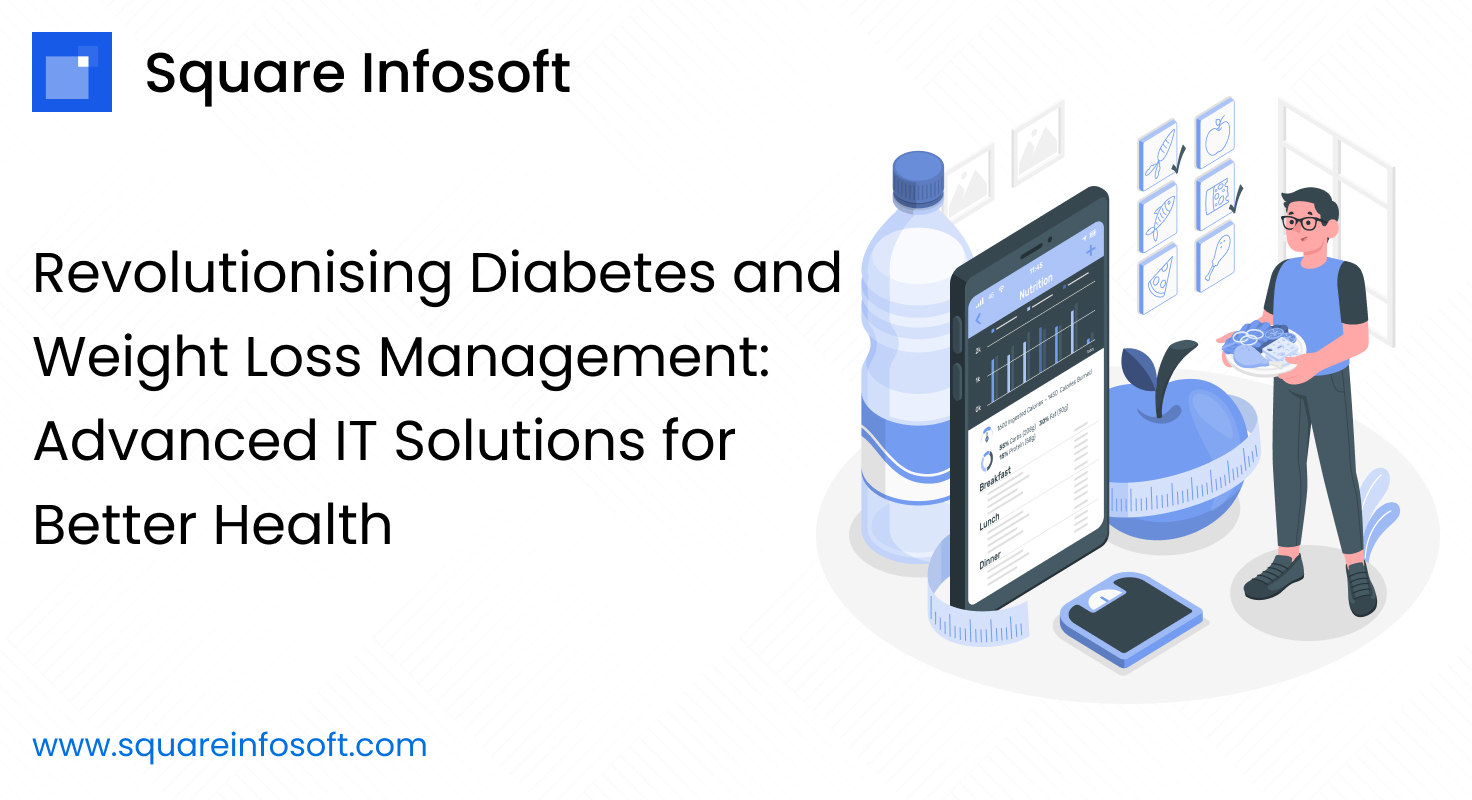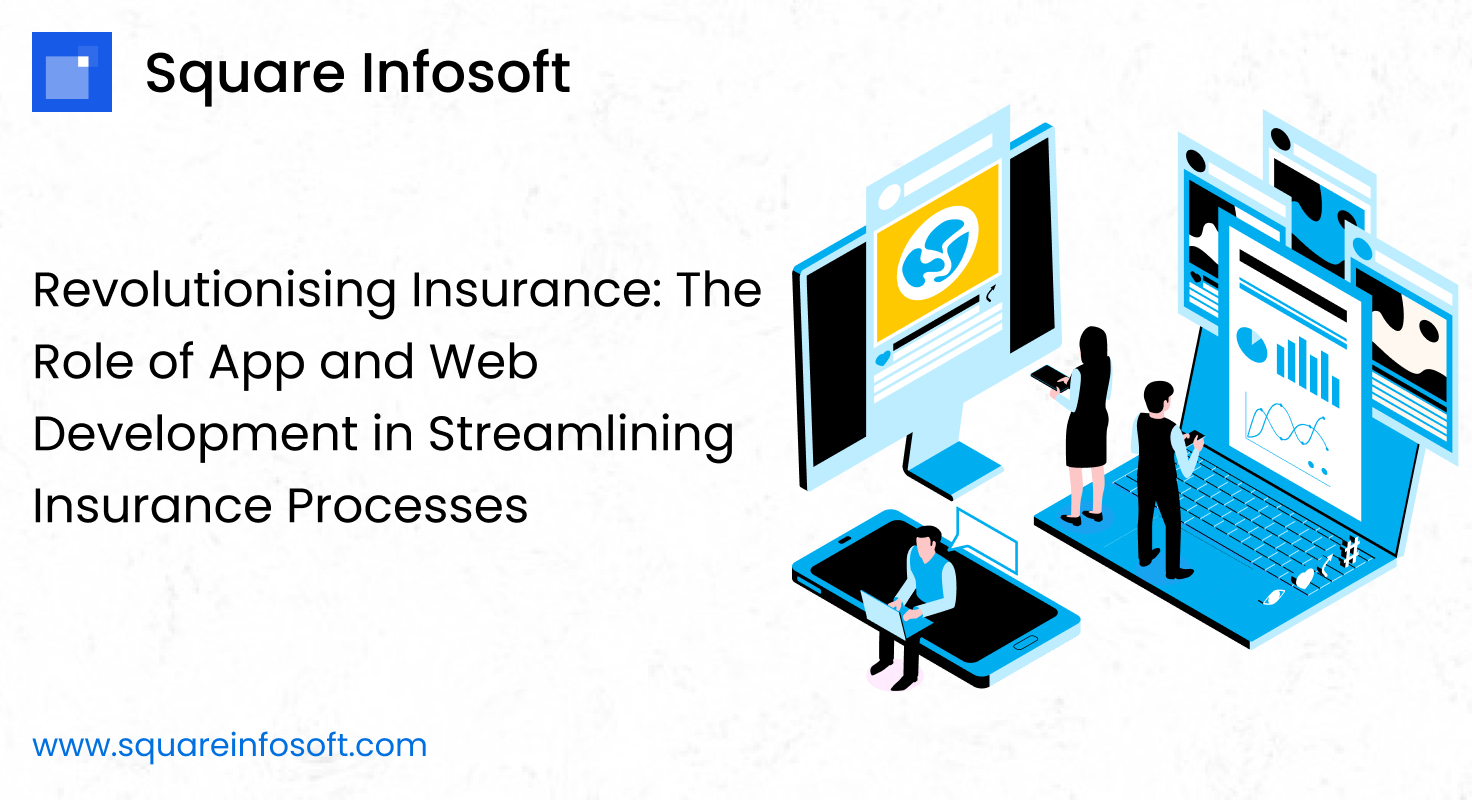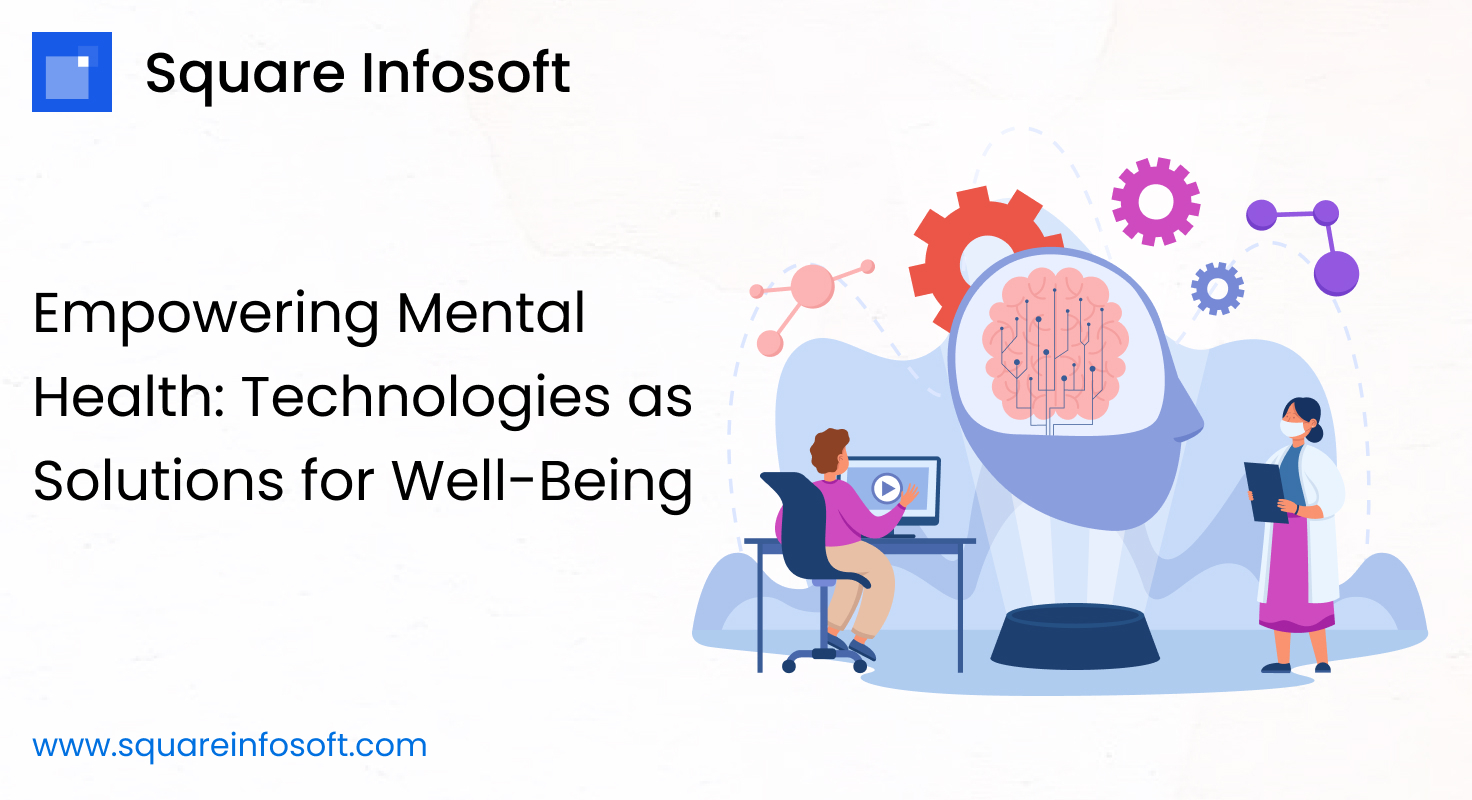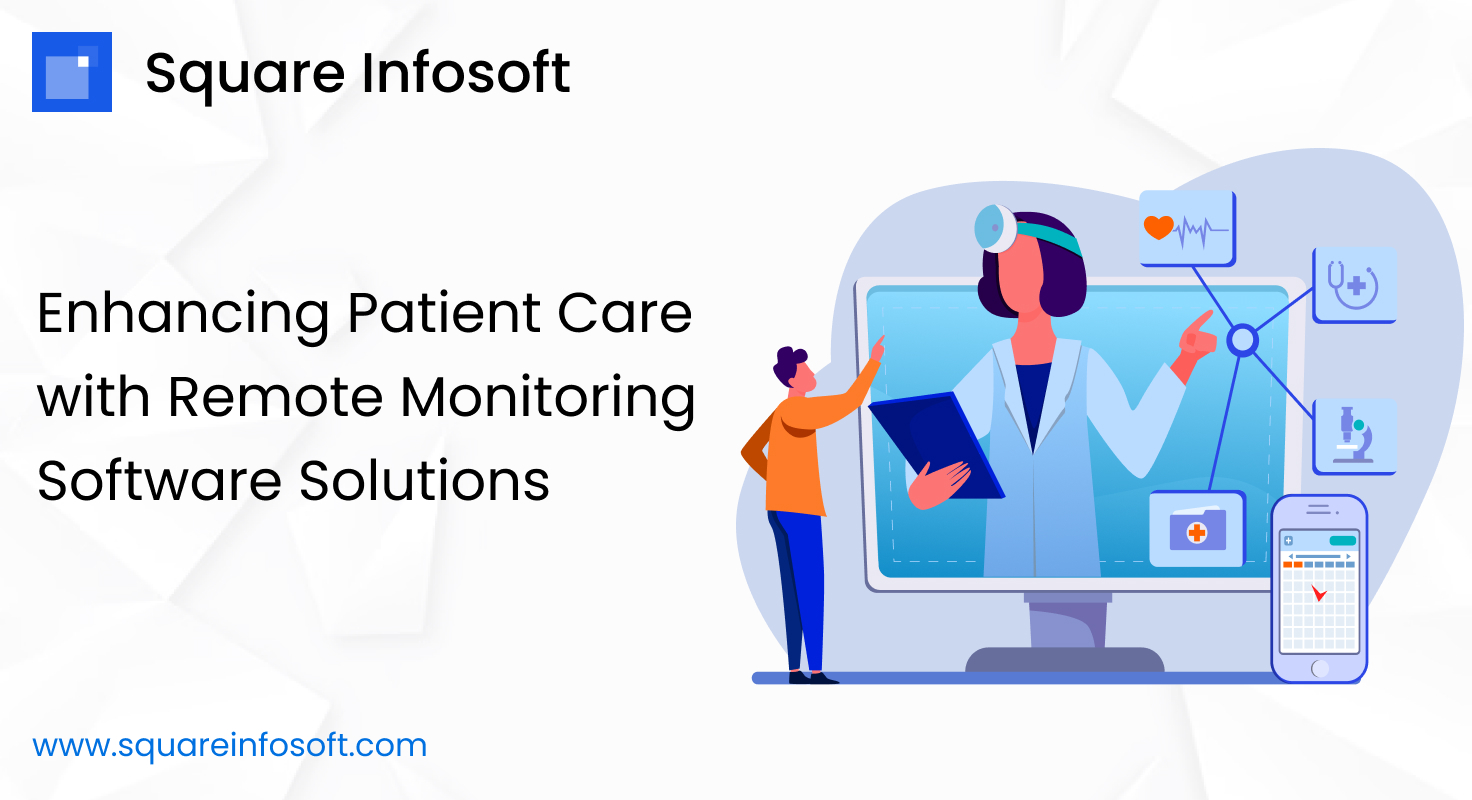Introduction:
In recent years, the prevalence of diabetes and obesity has reached alarming levels globally, posing significant challenges to public health systems worldwide. The correlation between these two conditions is well-established, with obesity being a major risk factor for type 2 diabetes. However, managing these conditions effectively is complex and often requires multifaceted approaches. Fortunately, advancements in information technology (IT) have opened up new avenues for revolutionizing diabetes and weight loss management. By leveraging cutting-edge IT solutions, we can potentially transform the landscape of healthcare, offering better outcomes and improved quality of life for millions of individuals. This article explores the benefits, challenges, and potential solutions associated with utilizing advanced IT in diabetes and weight loss management.
Benefits of Advanced IT Solutions:
- Personalized Care: Advanced IT solutions enable personalized approaches to diabetes and weight loss management. Through data analytics and machine learning algorithms, healthcare providers can tailor interventions to individual needs, considering factors such as medical history, lifestyle, and genetic predispositions.
- Remote Monitoring: IT solutions facilitate remote monitoring of patients’ health metrics, such as blood glucose levels, physical activity, and dietary habits. This real-time monitoring allows for early detection of deviations from optimal health parameters, enabling timely interventions and reducing the risk of complications.
- Behavioral Modification: IT platforms can incorporate behavioral modification techniques to promote adherence to treatment plans and healthy lifestyle behaviors. Features such as goal-setting, progress tracking, and interactive feedback mechanisms encourage patients to make sustainable changes and achieve long-term success in managing their condition.
- Data Integration: By integrating data from various sources, including electronic health records, wearable devices, and patient-reported outcomes, IT solutions offer a comprehensive view of an individual’s health status. This holistic approach facilitates better decision-making by healthcare providers and promotes continuity of care across different settings.
- Patient Empowerment: Through access to educational resources, self-management tools, and support networks, IT solutions empower patients to take an active role in their healthcare journey. By fostering a sense of autonomy and ownership, these technologies can enhance patient engagement and improve treatment outcomes.
Challenges in Implementation:
- Data Security Concerns: The use of IT solutions in healthcare raises concerns about the security and privacy of sensitive patient data. Ensuring compliance with regulatory standards, implementing robust encryption protocols, and adopting secure authentication mechanisms are essential steps in mitigating these risks.
- Interoperability Issues: The fragmentation of healthcare systems and the lack of standardized data formats pose challenges to interoperability between different IT platforms. Achieving seamless integration and data exchange requires collaboration among stakeholders and adherence to interoperability standards such as HL7 and FHIR.
- Digital Divide: Socioeconomic disparities in access to technology can exacerbate inequalities in healthcare delivery. To address this challenge, IT solutions must be designed with considerations for usability, affordability, and accessibility for diverse populations, including those with limited digital literacy or resources.
- Algorithm Bias: Machine learning algorithms used in IT solutions may exhibit biases that disproportionately affect certain demographic groups. To mitigate algorithmic bias, developers must employ transparent and ethical practices in data collection, model training, and validation, ensuring fairness and equity in decision-making processes.
- Resistance to Change: Healthcare professionals and patients may exhibit resistance to adopting new IT solutions due to concerns about workflow disruption, perceived complexity, or skepticism about the efficacy of digital interventions. Overcoming resistance to change requires effective communication, training, and evidence-based demonstrations of the benefits of IT-enabled care.
Addressing Challenges and Implementing Solutions:
- Enhanced Cybersecurity Measures: Implement robust cybersecurity measures, including encryption, access controls, and intrusion detection systems, to safeguard patient data against unauthorized access and cyber threats.
- Interoperability Standards Adoption: Advocate for the adoption of interoperability standards and participate in collaborative initiatives aimed at improving data exchange and integration across disparate healthcare systems.
- Digital Inclusion Strategies: Develop digital inclusion strategies that address barriers to access and promote equitable use of IT solutions among underserved populations. This may involve providing training, subsidies for technology adoption, and community outreach programs.
- Ethical AI Frameworks: Develop and adhere to ethical frameworks for AI development and deployment, ensuring transparency, accountability, and fairness in algorithmic decision-making processes.
- Change Management Strategies: Implement change management strategies that involve stakeholders at all levels of healthcare delivery, emphasizing the benefits of IT-enabled care, providing training and support, and addressing concerns in a proactive and empathetic manner.
Conclusion:
The convergence of diabetes and obesity presents a formidable challenge to public health systems worldwide, demanding innovative solutions to improve outcomes and reduce the burden on healthcare resources. The advent of advanced information technology (IT) solutions offers a ray of hope in this landscape, promising personalized care, remote monitoring capabilities, and enhanced patient empowerment. However, the realization of these benefits hinges on addressing several implementation challenges, ranging from data security concerns to interoperability issues and algorithmic bias.
While the benefits of advanced IT solutions in diabetes and weight loss management are evident, their successful integration into healthcare systems requires concerted efforts from stakeholders across the spectrum. Healthcare providers must prioritize patient privacy and data security, implementing robust cybersecurity measures and adhering to regulatory standards to safeguard sensitive information. Moreover, fostering collaboration and advocating for interoperability standards are essential steps in overcoming the fragmentation of healthcare systems and promoting seamless data exchange.
The digital divide remains a significant barrier to equitable access to IT-enabled healthcare services, underscoring the importance of digital inclusion strategies tailored to address socioeconomic disparities. By ensuring usability, affordability, and accessibility for all populations, IT solutions can bridge the gap and democratize access to quality care.
Ethical considerations loom large in the development and deployment of AI-driven IT solutions, necessitating the adoption of transparent and accountable practices to mitigate algorithmic bias and ensure fairness in decision-making processes. Additionally, effective change management strategies are vital in overcoming resistance to adopting new technologies, emphasizing the benefits of IT-enabled care and providing adequate support and training to healthcare professionals and patients alike.
In conclusion, while challenges abound, the potential of advanced IT solutions to revolutionize diabetes and weight loss management cannot be overstated. By embracing innovation, fostering collaboration, and prioritizing patient-centric care, we can leverage technology to improve health outcomes, enhance patient engagement, and ultimately, empower individuals to lead healthier lives. As we navigate the complexities of implementing IT solutions in healthcare, let us remain steadfast in our commitment to harnessing the transformative power of technology for the betterment of global health.




